The Swiss watch industry’s marketing machinery seriously overuses a lot of bloated marketing terms; a rethink of the way brands describe their new products may well be in order.
With the first digital edition of Watches & Wonders behind us, I’m again reminded that one of the most badly hijacked English words in the history of appropriating foreign words is more widespread than ever before.
But the worst part of it is that I can’t help but continue to feel more annoyed than ever as I discover more and more native English speakers perpetuating it.
I have studied a few languages in my lifetime and understand that languages both evolve and appropriate words from other languages. Many, if not most, English speakers went to kindergarten and some may even say Gesundheit when someone else sneezes, even though they don’t live in Germany.
However, when I moved to Germany in the 1980s, I thought it was kind of funny that the German language also appropriates English (and other) words. A lot. It was amusing to me until I ran across my first example of an appropriated English word that the Germans use in a different way – meaning that the word is English in origin, but it is not being used in the original way, giving it a slightly different meaning.
What does this have to do with anything?
Although the morphing meanings of words is not a new phenomenon, it is one that has continued to irritate me over the years as the abuse and misuse of the word “novelty” not only continues, but has perpetuated to the extent that I find English speakers writing it without shame on social media feeds and, yes, even in blog posts.

Box of assorted novelties
I once read the term novelty in a printed magazine article, and you had better believe I made my opinion of that known to the offending writer, a native of New York City. I note with some satisfaction that that individual has not done it since.
The word “novelty” is an example of something I have dubbed “Swisspeak” (marketing language as it pertains to watches), even if its use is no longer solely characteristic of Swiss watch marketing.
Origin of the “misuse” of “novelty”
As a journalist striving to provide unbiased reporting to the best of my ability, I don’t as a rule let a press release color my opinion of a watch or a brand. Press releases are tools to obtain information. However, as somebody who also often translates texts, I find myself automatically judging the quality of translations, not the watches, just the translations.
While translators cannot possibly know every horological technical term, they should at least know where to go to find the proper meaning. That should be a general prerequisite for the job.
However, the fact that many translators continue not to be able to translate the simple word “Neuheit” (German) or “nouveauté” (French) to end up with “new product” or “new watch” is a mystery to me.
I started seeing “novelty” used in this context in the early 2010s, and my entire problem with it today is that this mistranslation has caught on and is now used in every single press text – and no longer only those coming from Switzerland.
While one meaning of the word “novelty” in English dictionaries is “the quality of being new, original, or unusual,” for the majority of Americans, Brits, and Australians the first thing that comes to mind are cheap toys, chattering teeth, plastic dog poop, or whoopee cushions because the word also means, and is more strongly associated with, “an article of trade whose value is chiefly decorative, comic, or the like and whose appeal is often transitory.”

Do you really want to see a new luxury watch associated with a novelty like this?
Any self-respecting writer with English as his or her mother tongue should literally cringe when confronted with the awful usage of this word. However – and this is the astonishing part – the incorrect usage of it is spreading and perpetuating as a look at Watchville during and after a fair highlights.
A note to English speakers: regardless of how many press releases you see using this word, don’t fall into the trap. Do what I do and retranslate it in your head before it comes out your mouth (or your keyboard).
What’s the next “novelty”?
A discussion with Ian back in 2012 brought another of these terms to light (where I was one of the guilty parties!): “pink gold” versus “rose gold.” French speakers use the term or rose for both 4N (pink) and 5N (red) gold, whereas in English pink gold and red gold are specific terms. Ian was even able to pinpoint the translator who probably first translated or rose (Roségold in German) into rose gold instead of the more usual “pink” gold in use at the time. Because I found “rose gold” more poetic, I tended to use it. Today the term “rose gold” is used ubiquitously for both pink and red gold, so the reader has no idea if it is pink or red gold. And don’t get Ian started on using “silicium” instead of the more common and widely understood English word “silicon.”
While those might seem like minor things, what is more important in journalism: poetry or correctness? With “novelty,” you have neither.
Much more serious in these press releases, however, is the repeated use of the word “iconic.” How can so many watches be described as iconic? Doesn’t the word actually preclude a certain exclusivity?
Then there’s the seemingly unlimited number of “limited editions” – the use of this particular luxury marketing term is also out of hand, resulting in a loss of meaning.
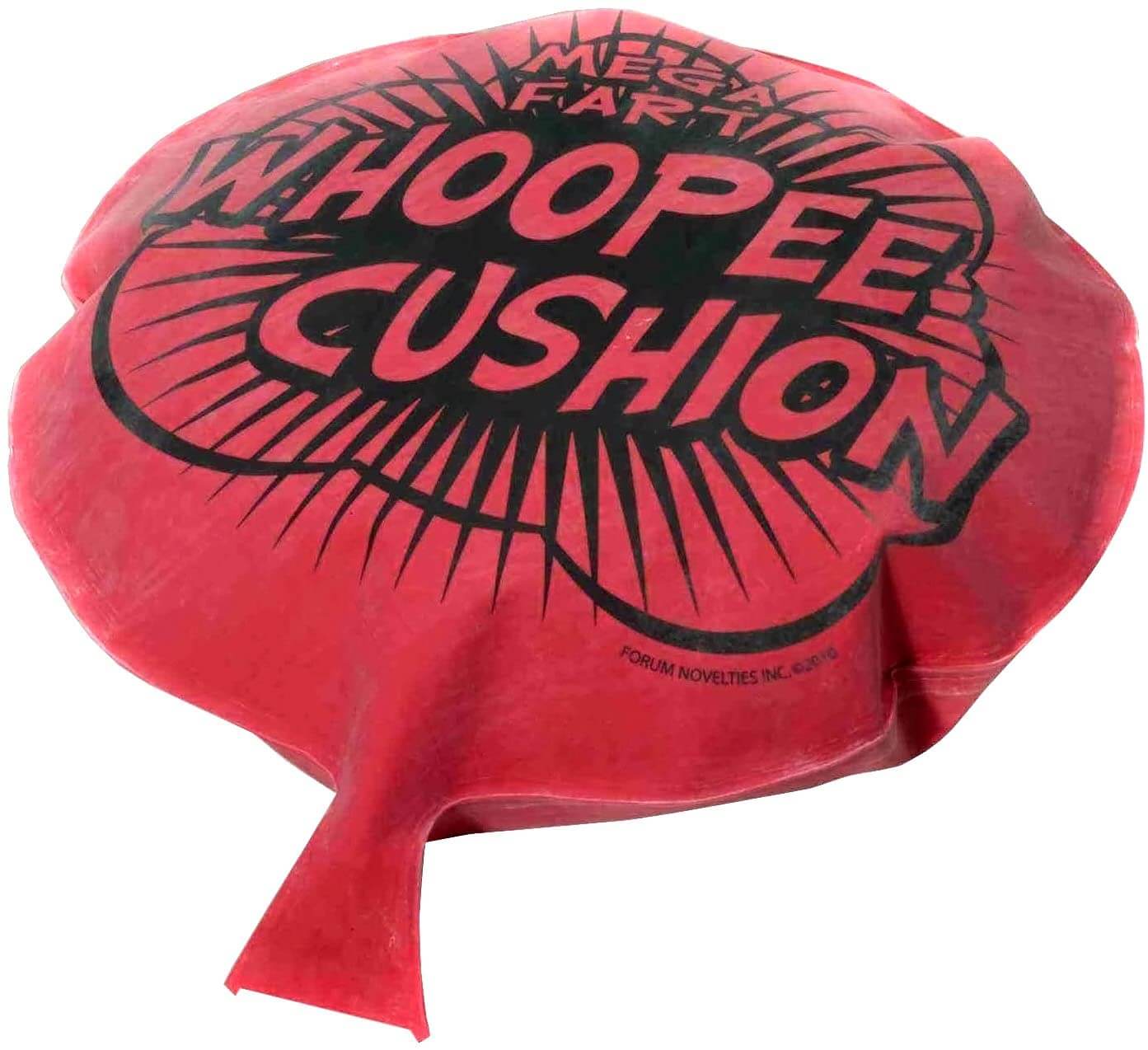
Have “limited edition” and “iconic” become the new novelty? If so, then don’t sit on them or, like whoopee cushions, the air might just noisily escape like their original meanings.
Or has it already? Let us know your thoughts and pet peeves in the comments below.
You may also enjoy:
Can We Still Take Limited Editions Seriously, Or Is That Already A Rhetorical Question?
The Number Of Jewels In A Watch Movement Indicates Value, Doesn’t It? A Myth Debunked
Dial Restoration: Aesthetics Or Functionality? And How To Decide
Leave a Reply
Want to join the discussion?Feel free to contribute!







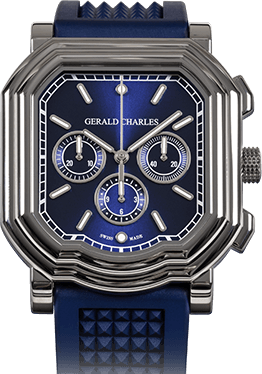
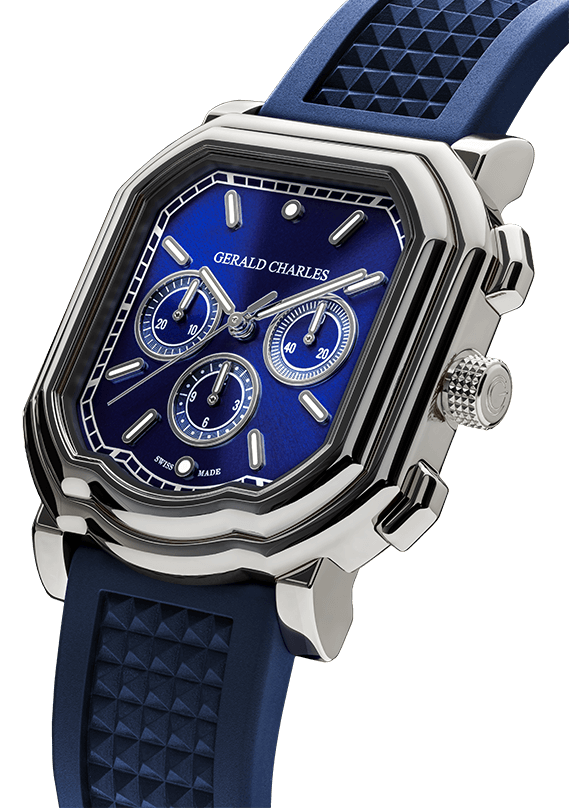

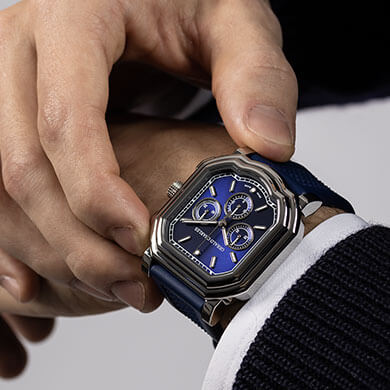
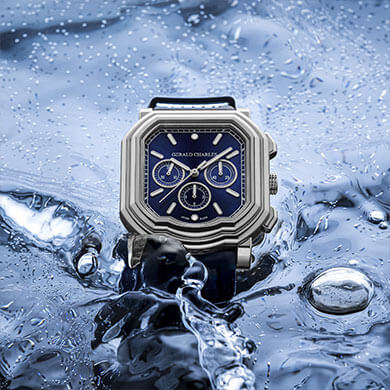

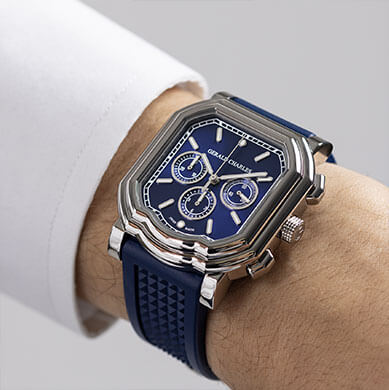



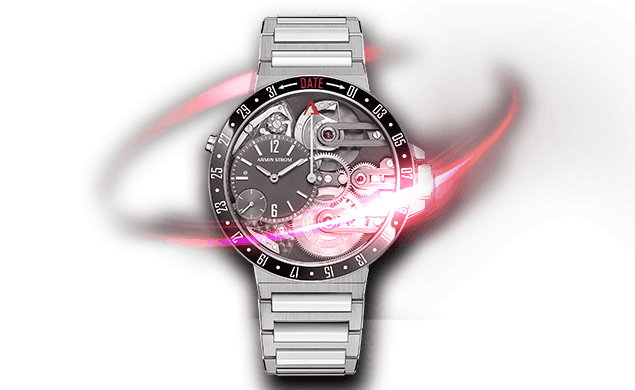
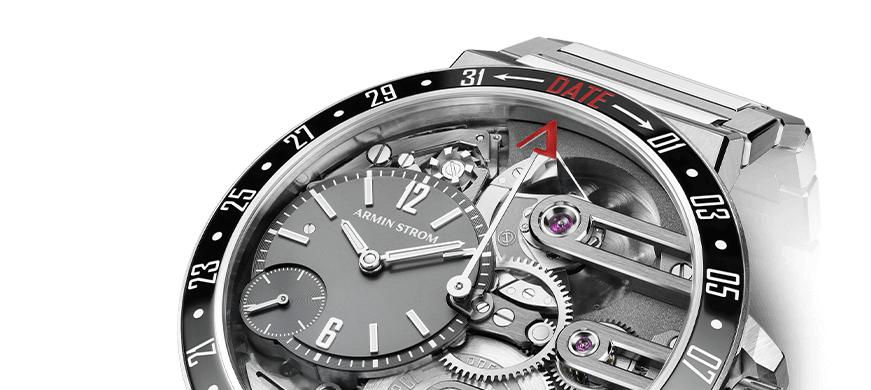
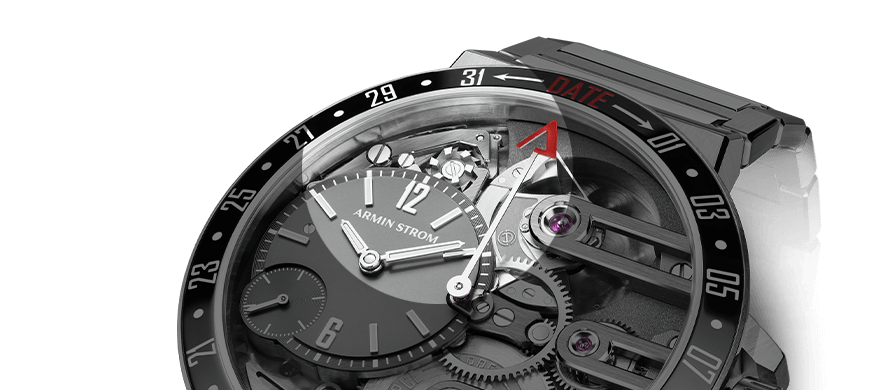


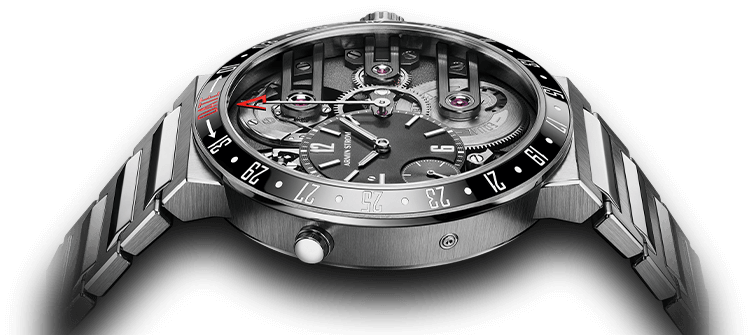


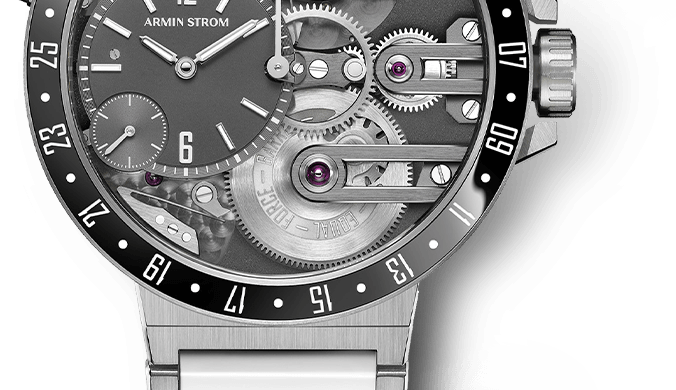
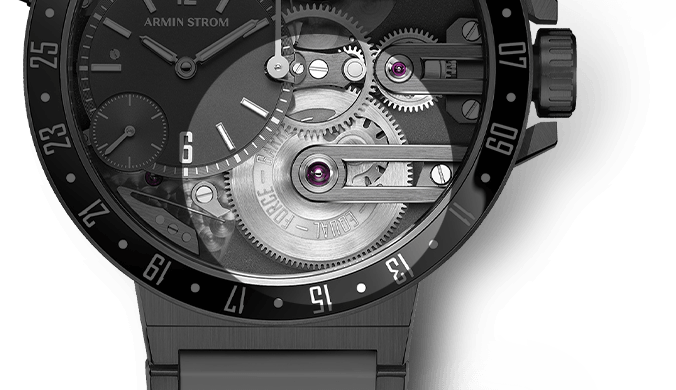









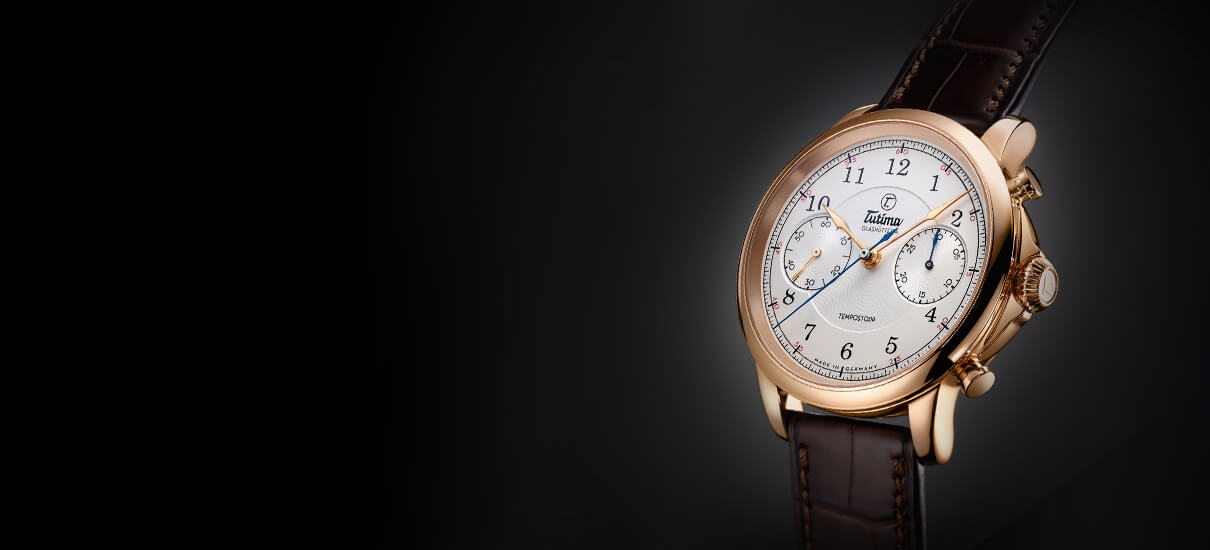

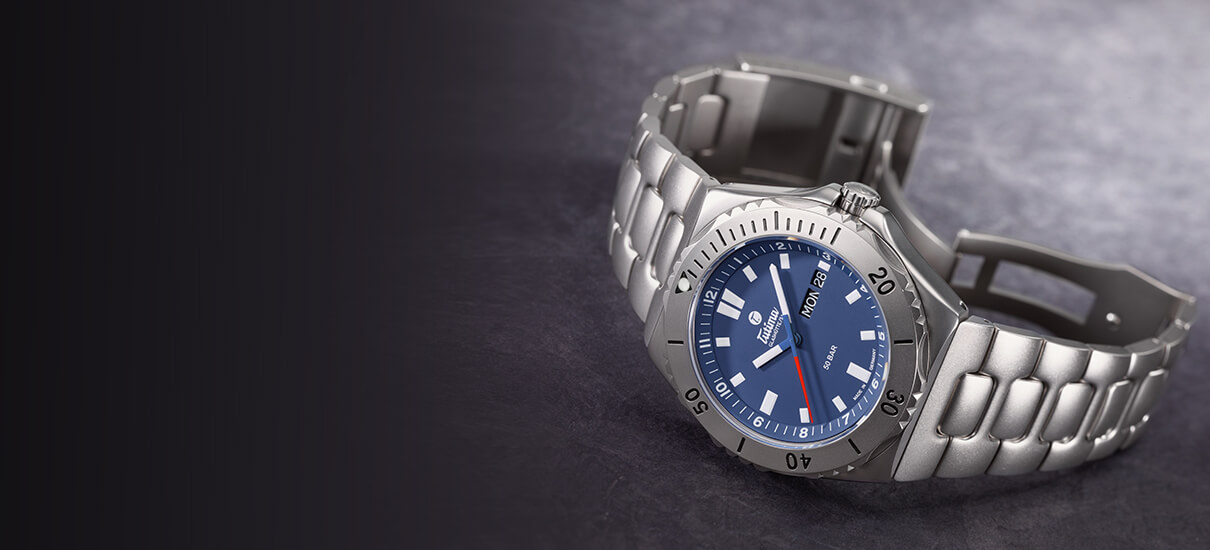

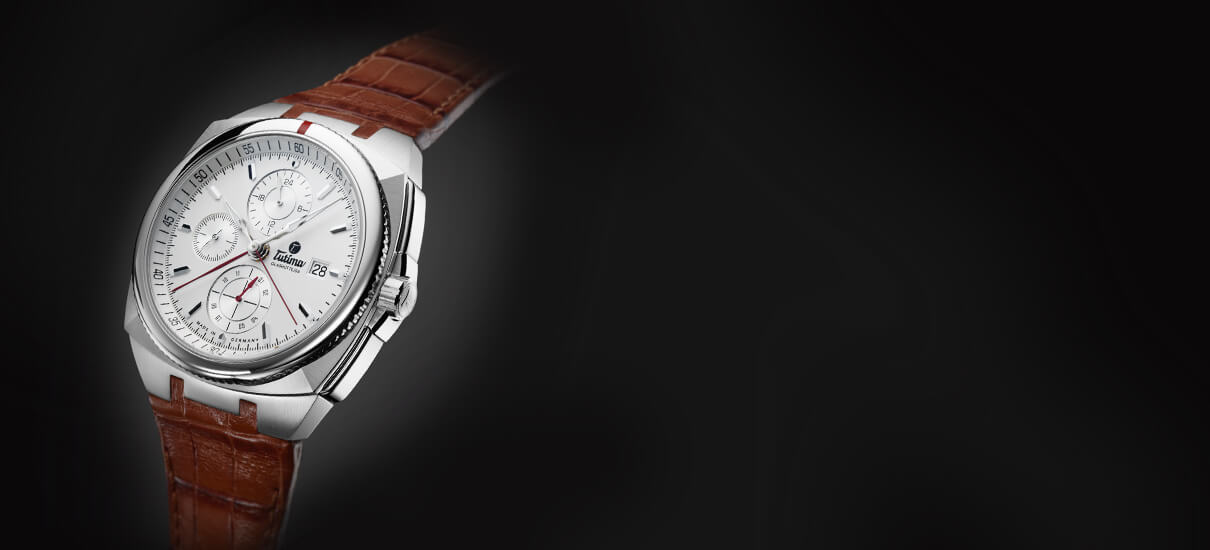

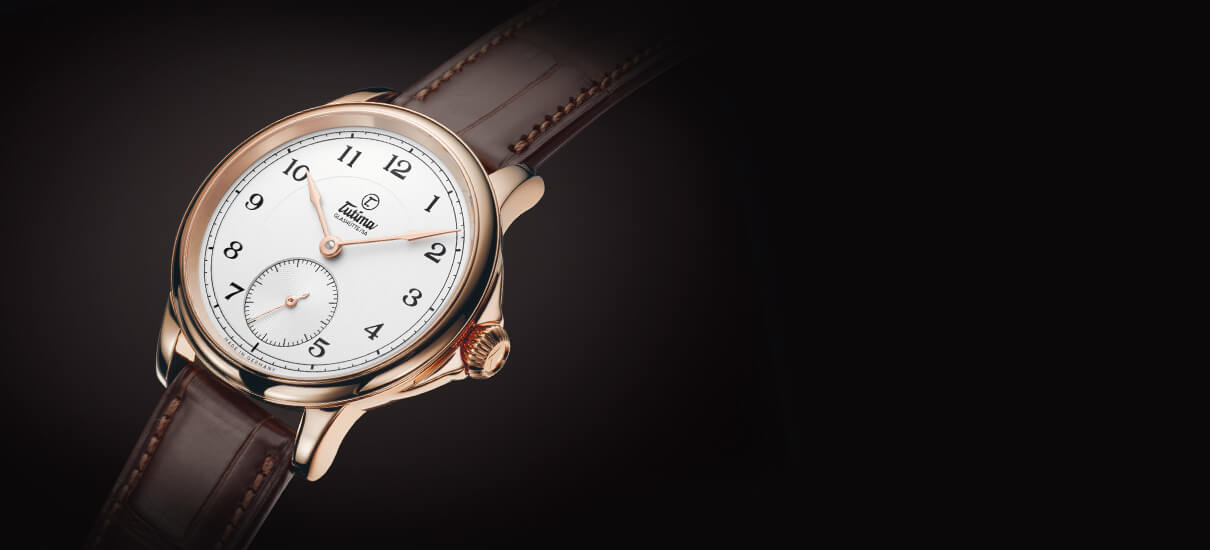

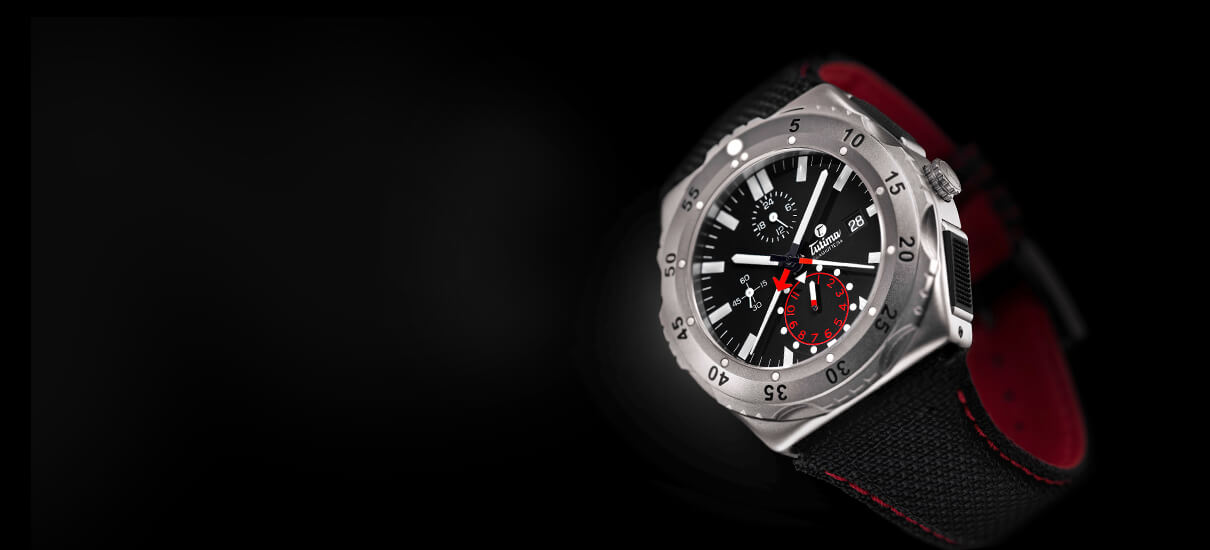

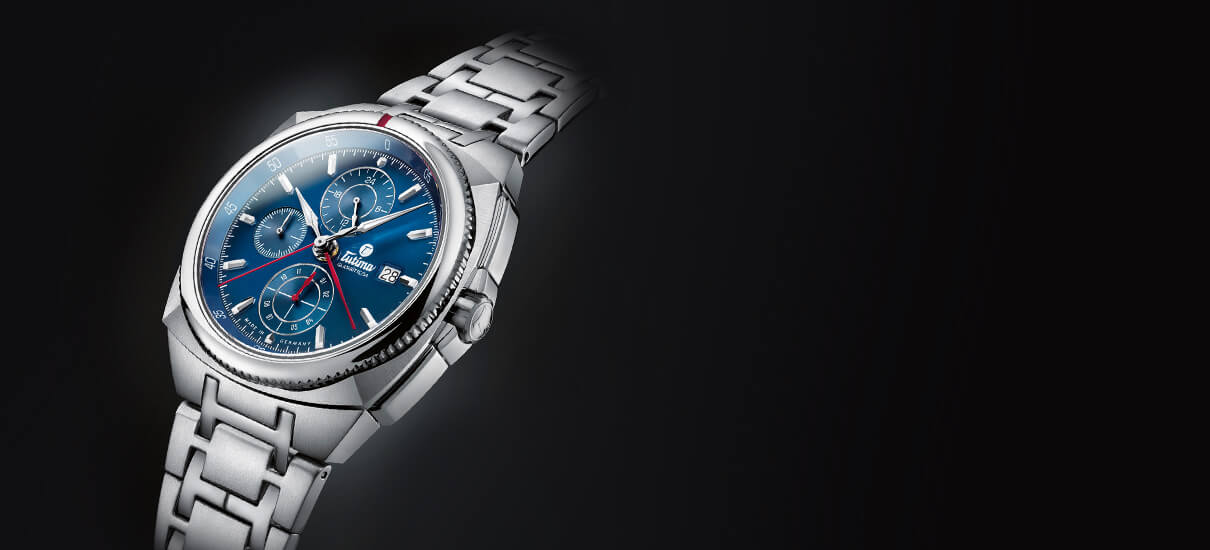

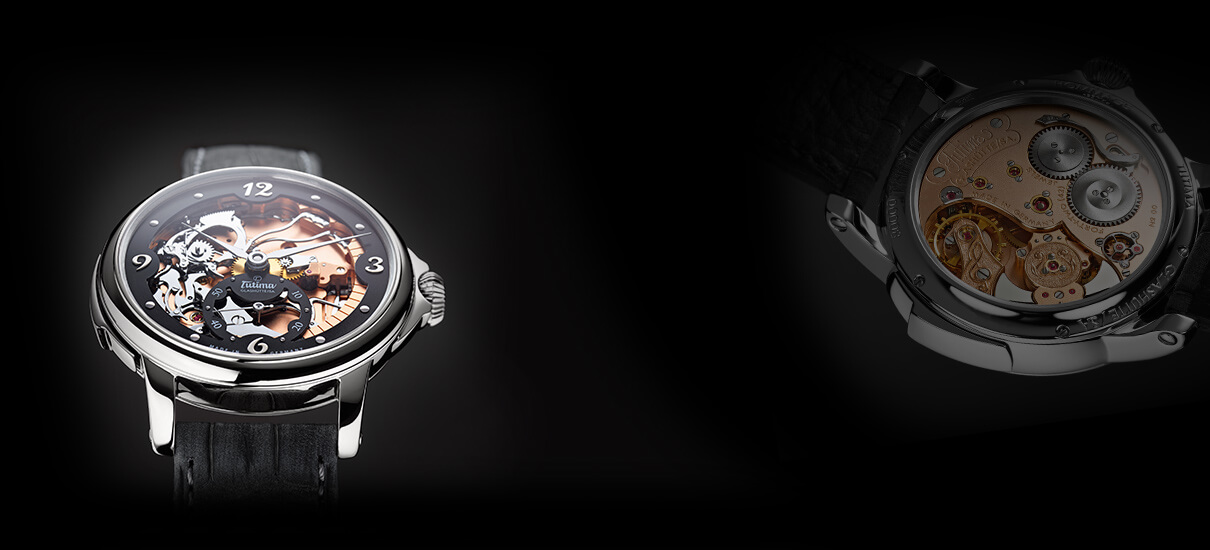



What an angry and important text about watches & words. Ich möchte fast sagen ‘formidabel’ … verehrte Autorin (my english is too bad for a sentence like this). Please find my TOP-10 list of forbidden, misused and disgusting marketing pet peeves:
disruptive, Influencer, go viral, cult, trendy, funky, ultra, iconic, mindblowing, epic. …
Thomas
Good list!
But perhaps you have missed the (unintended) accuracy in use of the word “disruptive.” After all, most of the cheap, look-a-like watchmakers that use this word to describe their watches are, in fact, disruptive…as in annoying, distracting, like a fly buzzing around your ear and then landing in your soup. 😁
Dear Mike, you are a person of subtle wisdom. Touché. But it is not all about the look-alike-watchmakers but also about the huge number of look-alike-journalists and YouTubers. They are ‘flying around my ear’.
Greetings and my respect, Thomas
How many new watch articles have the word “vintage”? while a great many pieces may have design elements from the 60’s (and they often look great) I’m tired of reading how these pieces “sort of bring a vintage vibe.”
That one’s actually more on the manufacturers as they have really revived vintage style. I’m not sure how else to describe those…?
The phrase “Fit and Finish” is used waaaaaay to much. It HAS to be used in a watch article. Think up something new to say.
It’s all just marketing buzzwords to drive traffic and SEO, these buzzwords eventually become bland, meaningless. The most hated buzzword on my list: state-of-the-art.
Yes. This. More than any other.
Bravo and spot on article. And why do so many of the watch company front men use the term “collector(s)” vice “customer” or “new customers” or something else? Makes them sound like they only make certain models to please people that have only bought from them in the past vice creating new designs to attract new clients.
That’s a good point. I hadn’t thought of that one before.
I seem to be in a semi-permanent state of shock and anger at the total nonsense which is spoken and written today. Just watching the news is an exercise in disgust. Almost nobody seems able to properly construct a basic sentence!
Advertising is the death of reality. It is responsible for almost as much misery as war. And once again, I ask “why is it allowed?” Why has a hyper-sugary concoction of carbonated water been allowed to spread its obesity across The Globe? Why does every single woman in Shanghai own an overpriced bag by a certain French leather-maker?
People are routinely manipulated to destroy the planet and their lives to make a very few individuals incredibly wealthy. And nothing is done about it.
Rant? I haven’t even started.
Nothing worse than DNA for me. Having studied biology and biochemistry in the past, I still don’t see what deoxyribonucleic acid has to do with the values a brand pretends to have.
However, I am disappointed with how Barrel Pirate is unfairly depicted here. Maybe, if I had played it more often as a child, I would be more patient when trying to fit a mainspring in its barrel.
Lol, thanks for your input! DNA is indeed another overused Swiss marketing term, I find. I understand how it’s used in this context, but I don’t love it either.
“Doesn’t the word actually preclude a certain exclusivity?”
Huh?